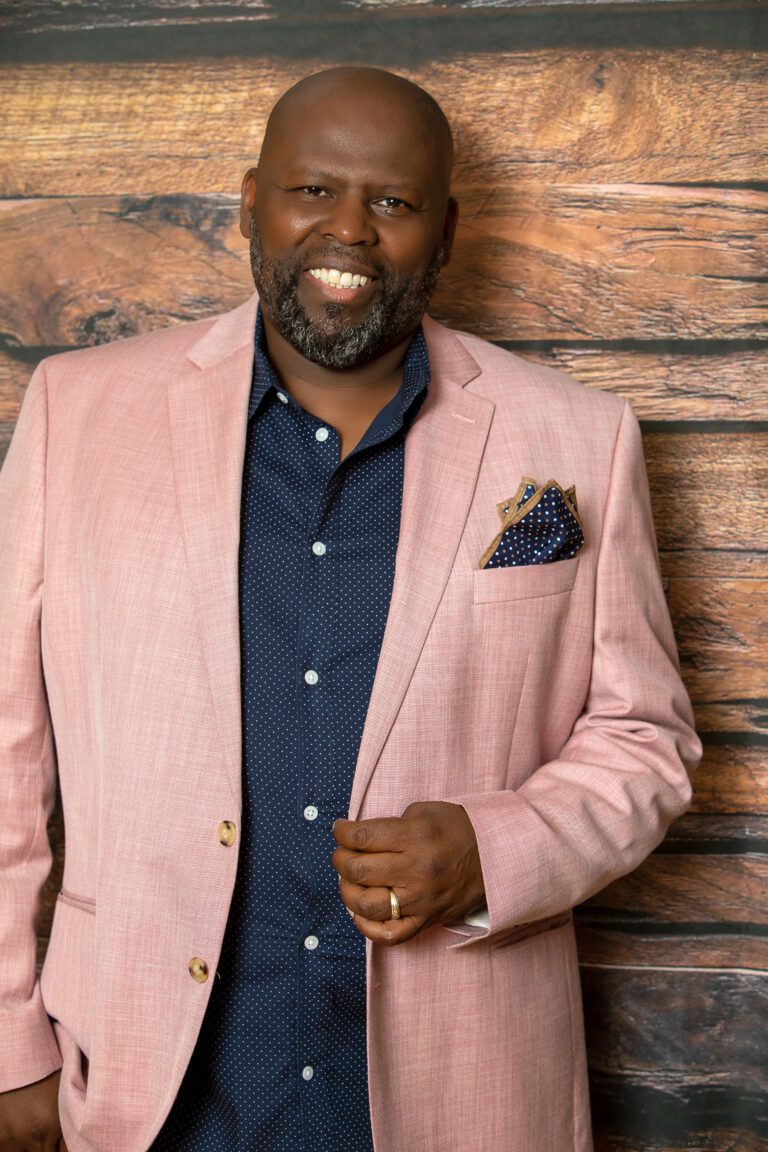
Maritza Quintero and Thurston O’Neal
Our kids are our greatest resource. They bring us joy, hope for the future, bright ideas and boundless enthusiasm. As they enter their teens and seek greater independence, our guidance is essential to help them stay the path to achievement.
FCA, one of Long Island’s largest health and human services agencies, helps Long Island families meet the challenges of adolescence. Targeted programs help teens and parents as a team and independently learn the skills to make good choices.

As administrators of FCA’s Hempstead Prevention Coalition and Roosevelt Prevention Coalition community programs, we’d like to share some take-home information.
Youth led, adult guided programs
When kids understand that they have a choice and voice as to how to live their lives, they feel empowered. Kids want to be healthy and strong. When they learn about opportunities, they want to pursue them. When they learn about how drugs can affect their brains, it helps them to say no. When they learn about organic food, they don’t want to put chemical substances in their bodies.
The past two years the Hempstead Coalition welcomed 70 girls attending middle or high school to its four month Girls Empowerment & Leadership (GEL) Summit. The Summit fosters strong relationship building, teaches the girls to effectively identify and navigate opportunities and barriers, and creates the platforms for them to mentor, influence, and advocate for themselves and their peers, at school and in the community.
The Roosevelt Prevention Coalition invited a group of students from Roosevelt Middle School to join the Roots Club, a gardening project in partnership with the NC Cornell Cooperative Extension Program and the Roosevelt Community Garden. They learned how to grow organic vegetables, but more importantly, they discovered new ways to interact with peers, change their environment, and become youth advocates in a substance-free space.
Connection requires a relationship.
To connect with and encourage dialogue with teenagers, the first thing a parent or other adult needs to do is listen. And listen some more–to your kids and to other teens.
Ask what they think, what they would like to change. Ask what troubles them and what they embrace. Give them the space to speak. Listen, then help them to synthesize their message to reach a wider audience. Allow them to take some ownership for their lives and community. As they gain confidence, they share positive ideas among their friends and peers.
If you don’t have a relationship, your advice falls on deaf ears. You have to take the time to build a connection so your voice means something.
Conversation starters
Shorter talks are better than one big conversation. Start early! Find opportunities while watching a movie, listening to a song, or talk about something you witness together. Be honest and vulnerable about your own experiences. Be nonjudgmental about theirs.
As the leader of your children, foster trust and a safe sharing environment. You want them to come to you for advice. Even if their revelations shock you, take a breath and look to problem-solve, not punish.
Kids hear about substance abuse prevention once or twice in school. You can make prevention a dialogue in everyday conversation and experiences. Reflect on your own behavior. Children learn by example.
Provide a supervised environment where a group can feel comfortable and gather without substances, such as your home, a local park, school, house of worship, or library.
The No-CAP game plan.
It is crucial for kids to have a plan when faced with temptation or peer pressure. Otherwise, they will be more vulnerable to coercion by an individual or group.
We practice the NO CAP (Comedy, Alternative, Plea) plan, which prepares teens to gracefully decline rather than succumb to pressure.
NO- use a simple “no”
C—Deflect with a joke/Comedy. “Hey, I need all the brain cells I have.”
A– Propose an Alternative. “Nah, let’s go to the park and shoot hoops.”
P– Cop a Plea. “If my parents/coach find out…”
Despite all of life’s allures and distractions, parents have their love, the most powerful tool. Our kids want to please us and be loved. Every minute you spend with your kids presents an opportunity to share your love and guidance.
Maritza Quintero and Thurston O’Neal lead FCA’s Roosevelt Prevention Coalition and Hempstead Prevention Coalition, respectively. FCA’s Coalitions operate through funding from the New York State Office of Addiction Services and Support (OASAS) and the Nassau County Office of Youth Services. For more information visit www.fcali.org.






